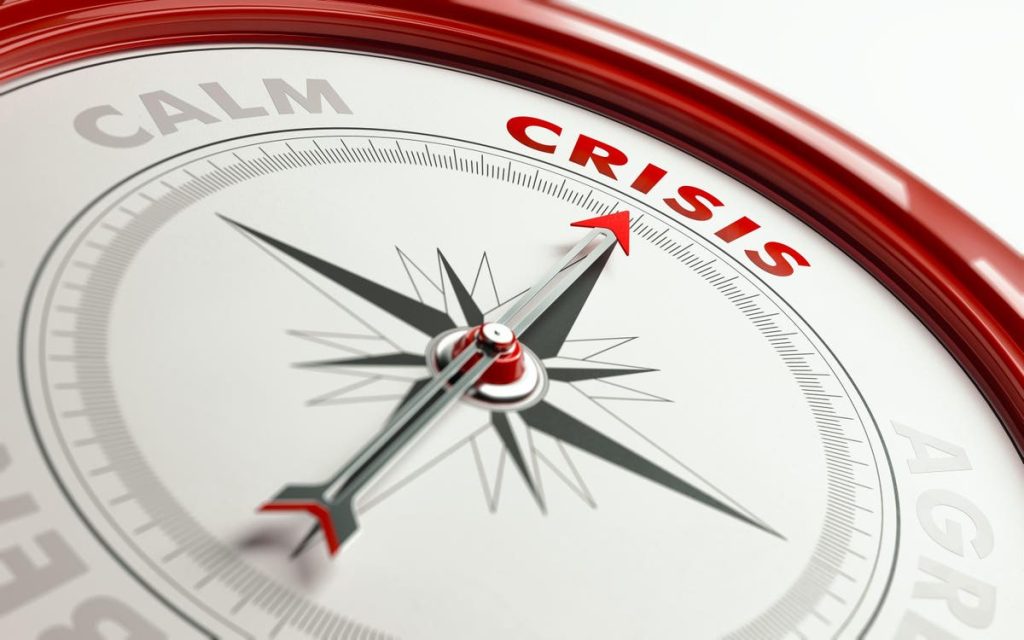The leadership styles of CEOs and their staffs are the wild cards in how companies and organizations respond to a crisis. Their approaches, philosophies, and preferences for managing people and corporate emergencies can help resolve a crisis—or extend and worsen the situation.
As important as it is to have a crisis management plan in place, its execution can quickly go off the rails if the people at the top of the organization’s chart interfere with established policies and procedures.
Leadership Styles
Autocrat
“Autocratic leadership, characterized by a leader’s unilateral decision-making, has both benefits and drawbacks. A recent example of this was exemplified by Jeff Zucker at CNN. On the one hand, this approach can allow for quick decision-making during crises. However, it can also lead to narrower solutions due to the lack of diverse input and can stifle growth,” Lakesha Cole, founder and principal publicist at She PR said via email.
“More significantly, it can create a sense of disconnect between the leader and the team, lowering morale and trust within the organization. This was starkly evident when Zucker openly criticized CNN’s Covid-19 coverage before discussing it with his team and made controversial hiring decisions that led to internal and external critics…” she noted.
Collaborator
“Collaborative communicators emphasize teamwork, involvement, and open dialogue during a crisis; they seek input from others, encourage brainstorming, and promote shared decision-making.” Devon Climer, a corporate speech trainer, leadership consultant and founder of My Communication Coach, said in a statement.
Servant
“Howard Schultz, former CEO of Starbucks, and J.W. Marriott Jr., CEO of Marriott International, perfectly portray this style, steering their respective companies through crises by putting employees and customers first,” Dmitry Bargov, managing director of DataArt UK, said via email.
“However, this soft-hearted approach can sometimes be perceived as a lack of decisive leadership. Cue Tony Hayward of BP, whose handling of the Deepwater Horizon oil spill made critics question whether his script needed a rewrite,” he noted.
Democratic
“Democratic leaders encourage team participation in decision-making. During a crisis, this style may take more time due to consultation and consensus-building,” Clarke Duncan, founder of Outsourcing Staff, said via email.
“Still, it can result in more comprehensive solutions and maintains team morale. It’s important that democratic leaders balance the need for quick action with effective team involvement in these situations.”
Laissez-Faire
“Laissez-faire leaders empower employees but can also lack in direction,” AnnRagan Kearns, founder and CEO of Odyssey Public Relations, observed via email. This type of leader “delegates decision-making and provides minimal guidance, putting important decision-making in the hands of their team,” she aid
“Successful laissez-faire leaders include Steve Jobs (the co-founder of Apple Inc.), Warren Buffett (the chairman and CEO of Berkshire Hathaway),” according to Entrepreneur.
“These leaders exhibited a strong belief in their team members’ ability to make the right decisions and, as a result, created a work environment that fostered creativity and innovation,” the news organization noted.
The downside to this style is that “In a crisis, the absence of clear leadership can lead to confusion and inefficiencies, as employees may not know who to turn to for guidance and support,” Kearns cautioned.
Background Matters
A business leader’s background or the expertise of their staff can also come into play.
Different Perspectives
“A leader with a strong legal background may view the situation first and foremost from the court of law perspective rather than from the court of public opinion view,” Candice D’Angelo, founder of The Agency, said via email
Prior Experience
A “leader with significant experience leading consumer goods or retail brands and who is active on or aware of the power and speed of social media will typically act quicker and be more bold in response than a leader working in the B2B space. ” Kris Naidl, executive vice president and managing director of Laughlin Constable, said via email.
Staff Expertise
“In my experience, companies who have legal experts on their executive team are always the most risk-averse when it comes to a crisis,” Shannon Tucker, vice president of Next PR said via email.
“They often do not want to respond publicly to a crisis due to potential legal implications, or they want to take a litigious approach to crisis situations they feel they are unfairly involved in,” she concluded.
Read the full article here










